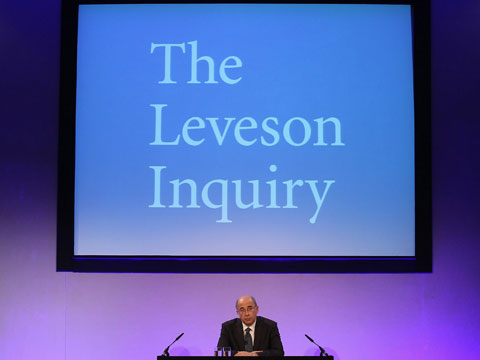Earlier this week, David Cameron went back on his promise to implement the findings of The Leveson Inquiry dismissing them as Lord Leveson suggested statutory control of the press.
The Leveson Inquiry suggested a new way of regulating the press but this has been ignored by the coalition government, even causing divisions as Cameron and Nick Clegg both disagree on the matter. So after almost a year of interviews and investigations what have we learned and what is going to change?
Well the inquiry exposed the extent of the phone hacking scandal and contributed to the closure of The News of The World. But phone hacking at The News of The World was nothing new, Glenn Mulcaire and Clive Goodman were both prosecuted back in 2007 for allegations of phone hacking.
So why were tighter regulations not imposed at the first instance of evidence of phone hacking? The British Press is a self-regulating industry which means that they govern themselves there are no specific laws to what extent you can go to obtain a news story. Even if it means breaking the law for a story which is ‘in the interest of the public’ some journalists would argue that it is worth the risk.
It has been suggested that phone hacking was common-practice throughout the newspaper and magazine industry due to the fact that the pressure was so great to find stories that the other newspapers did not have which created a vicious circle.
Once the phone hacking scandal broke it was obvious that the British press would need a new regulatory body which would ensure the freedom of the press. Therefore this body could not be a government body or a self regulatory body, this left the only option as an independent regulatory body, which Lord Leveson himself has suggested but it did take him over a year to reach that decision.
So what has the inquiry actually achieved? We’ve heard that celebrities’ lives have been intruded on but let’s be honest, how did we really think the journalists found these stories? A little birdy came and told them? No of course we all knew deep down that something wasn’t right the journalists were obtaining information which should have been private but until the Leveson Inquiry everyone turned a blind eye no-one was interested enough to point out the obvious.

